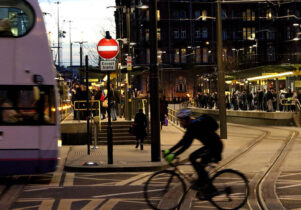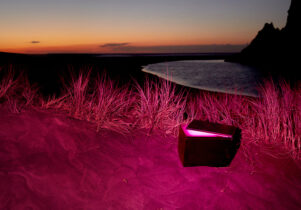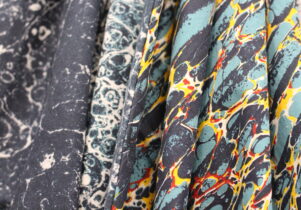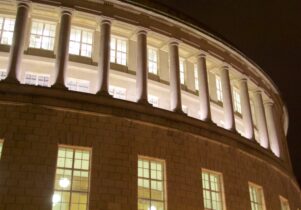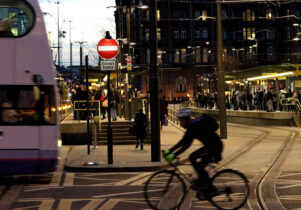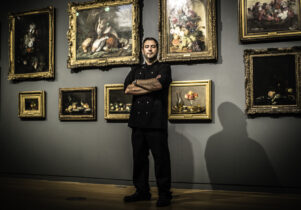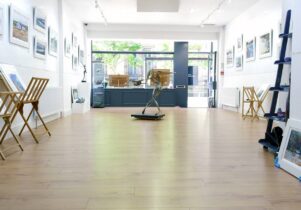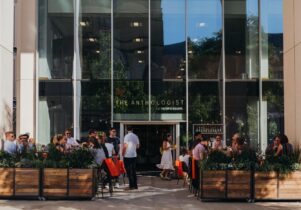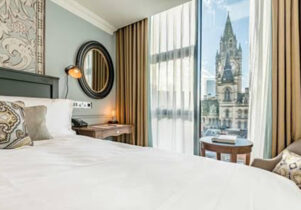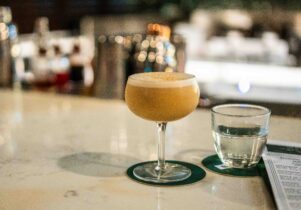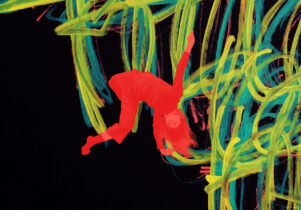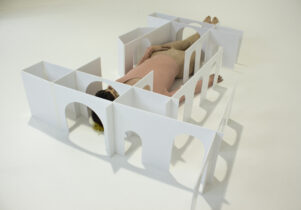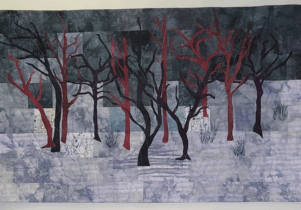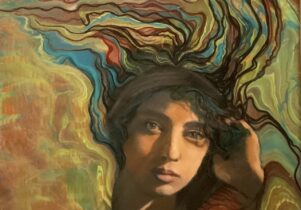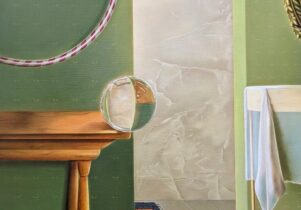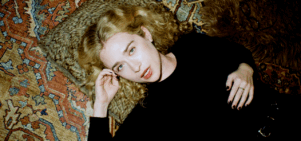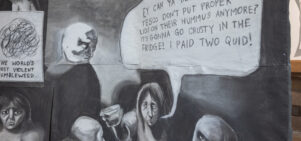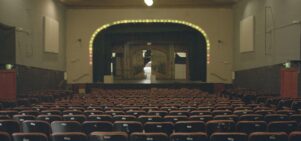Sonia Boyce at Manchester Art Gallery
Sara Jaspan, Exhibitions EditorVisit now
Sonia Boyce
Always double check opening hours with the venue before making a special visit.
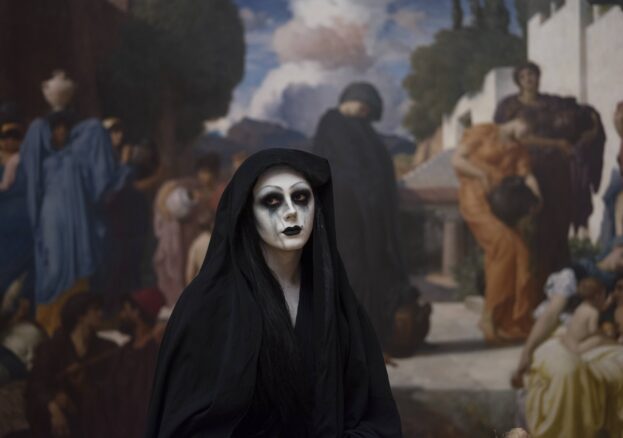
Following the national furore that emerged in response to the temporary removal of John William Waterhouse’s Hylas and the Nymphs (1896) at Manchester Art Gallery earlier this year, instigated by artist Sonia Boyce, all eyes are on her first retrospective exhibition, about to open just a floor away from where the returned painting now hangs.
The removal was described by Boyce as an example of “art in action” informed by the debates around the Time’s Up and #MeToo campaigns, after the gallery invited her to engage with its 18th and 19th-century collection ahead of the solo-show. The filmed footage and public response generated by the event, which was staged as a ‘gallery takeover’ by Boyce alongside five performance artists (Lasana Shabazz, and the drag collective Family Gorgeous: Anna Phylactic, Venus Vienna, Liquorice Black and Cheddar Gorgeous), will form the basis for a brand-new collaborative performance work titled Six Acts (2018), exploring Boyce’s fascination with ‘what people do when they come together’.
The wider exhibition adds valuable context to all this by tracing the journey of Boyce’s celebrated, 35-year long career. Throughout this time, the leading international artist has focused on art as a social practice, alongside the themes of spontaneity, collaboration and her own position as a black British woman. Other recent works presented in the show will include Exquisite Cacophony (2015), a film about an improvised encounter between indie rapper Astronautalis and vocal artist Elaine Mitchener; and Crop Over (2007), a piece that responds to the Crop Over festival in Barbados in relation to Britain and its role in the Transatlantic slave trade.
The retrospective will also acknowledge Boyce’s earlier connections with Manchester and the North West, re-visiting works such as The Audition (1997), which contains over 900 photographs of individuals invited to try on afro wigs and was made at Cornerhouse during Boyce’s residency at The University of Manchester in 1997-8. And Devotional Collection – an ongoing project that began at FACT (Liverpool) in 1999, and takes the form of a growing archive of sound, ephemera and wallpaper relating to black British women in music.
Opening in the same month as Wonder Women 2018, Manchester’s radical feminist festival marking 100 years since some woman first won the right to vote, this is certainly a fascinating period in the city’s art scene.
